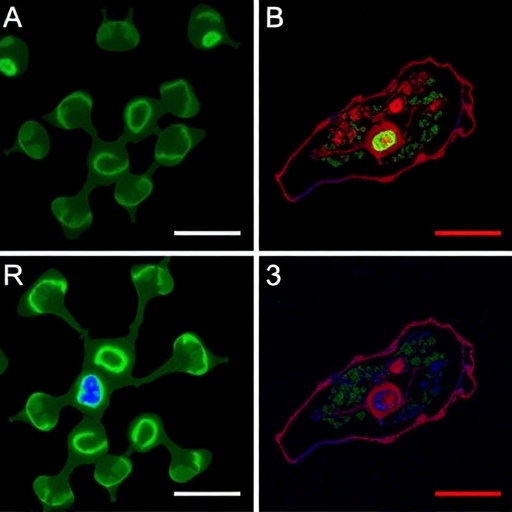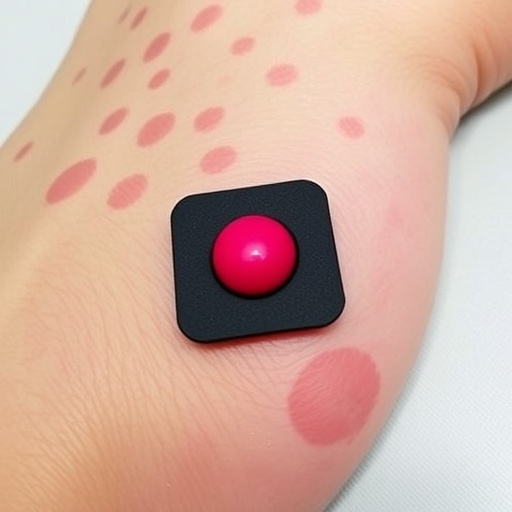Washington, DC – From online forums to community groups, research and experience shows people are more willing to insult and use menacing language online than in person, especially when there's the protection of anonymity behind a computer. New research appearing in Social Psychological and Personality Science indicates that people react less strongly to malicious speech on digital platforms and see the victims as less "harmed" than if the words were said directly to a person.
"Many of us are taken aback when people like Milo Yiannopoulos target and harass people on Twitter, then go on TV and say that digital words don't hurt anyone," says Curtis Puryear (University of South Florida), lead author of the study.
"Yet our data finds that Yiannopoulos's perspective resonates with many of us to some degree," says Puryear.
"We expect people to be less hurt by malicious words in certain digital contexts, and we respond with less outrage. This may make it easy to discount the experiences of victims of online harassment."
Puryear and Joseph Vandello tested people's reactions to negative comments and situations through four studies, examining reactions to malicious comments made in face-to-face and various online environments.
In one study of 270 students, people saw an image of someone participating in "nerd culture," with a comment of "go back to your mommy's basement nerd," in one of three environments: face-to-face; online with social information, such as names and photos, or online with little social information.
In another study, of 283 people, participants read a remark insulting a woman for making a comment about infrastructure, and were presented with the negative comment being made on an online forum with little social information or as taking place at a public event.
Through each study, people expressed more concern and reaction to negative comments stated in person than to those stated in a digital environment.
Comparing the digital environments, they found mixed results. The presence of more social information, from names to photos, brought about more reactions to inflammatory comments. But even when people are identifiable, they found initial evidence that inflammatory speech is less shocking in digital contexts.
The cues that help to identify people as individuals, can be dulled in the online environment, suggests Puryear. This lack of "personalization" can dampen the social cues that tell people someone is a victim, making observers less likely to experience anger or act on behalf of the victim.
Another part of the dulled reactions to comments comes from what one could describe as "numbing," either through the sheer volume of reports of harassment online, or from over-exposure of online harassment.
As more moral and social cues are communicated online, could people's attitudes change and start to reflect standards similar to in-person situations? The results depend on how we shape our online communities, say Puryear and Vandello.
Building digital platforms that depersonalize users and foster norms accepting of malicious speech may increasingly dull our responses to victimization.
"But if our norms and expectations begin to reflect that digital words really do matter then the disparity between how we react to victimization in digital and physical space may fade," says Puryear.
###
Media Contact
Annie Drinkard
[email protected]
@SPSPnews
http://www.spsp.org
http://spsp.org/news-center/press-releases/online-flaming-study
Related Journal Article
http://dx.doi.org/10.1177/1948550618806350




